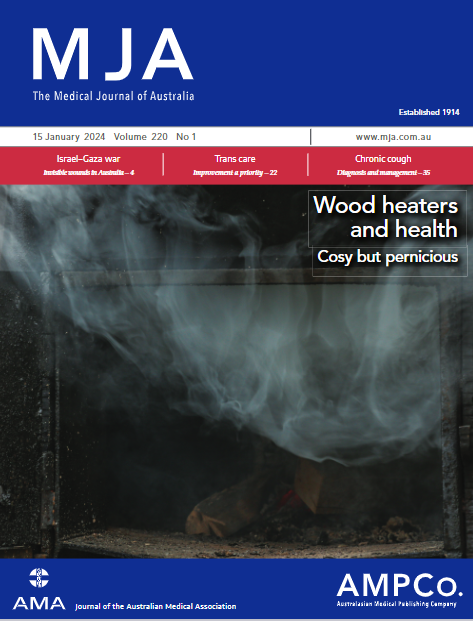Values in health and health care for Indigenous people globally: an umbrella review
Abstract
Objectives
To review and synthesise the global evidence regarding what Indigenous people value in health and health care.
Study design
The Joanna Briggs Institute (JBI) protocol for umbrella reviews was used. Thematic meta-synthesis was conducted using collaborative yarning with an Indigenous researcher and a non-Indigenous researcher to generate concepts of value in health and health care.
Data sources
Systematic, scoping and narrative reviews, written in English and published between 1 January 2000 and 1 January 2024, which directly included the perspectives of Indigenous people describing the value of health and/or a field of health care, were included. Databases searched included MEDLINE, Embase, CINAHL, Scopus and the Cochrane Database of Systematic Reviews.
Data synthesis
Twenty-five reviews that analysed what is valued in health and health care by Indigenous people globally were identified. The literature demonstrated a clear distinction between Indigenous and Western paradigms of health and health care, with Indigenous paradigms grounded in culture. Indigenous cultural determinants of health included: identity; land, Country and community; and spirituality and traditional healing. For health care, five core values for Indigenous people globally were identified: decolonised and holistic systems of care; culturally safe health services and care; Indigenous and culturally aware non-Indigenous workforce; accessibility; and communication, trust and rapport building.
Conclusions
This umbrella review highlights the importance of culture, Indigenous sovereignty and self-determination in health and accessing health care. It also reveals the importance of cultural safety and responsiveness in the delivery of health care services. The findings will be used to inform a conceptual framework of values in health and health care to develop a community-reported outcome measure. This framework will guide genuine and meaningful engagement with Indigenous communities to co-design and deliver health care that is effective, responsive and culturally safe.


 求助内容:
求助内容: 应助结果提醒方式:
应助结果提醒方式:


